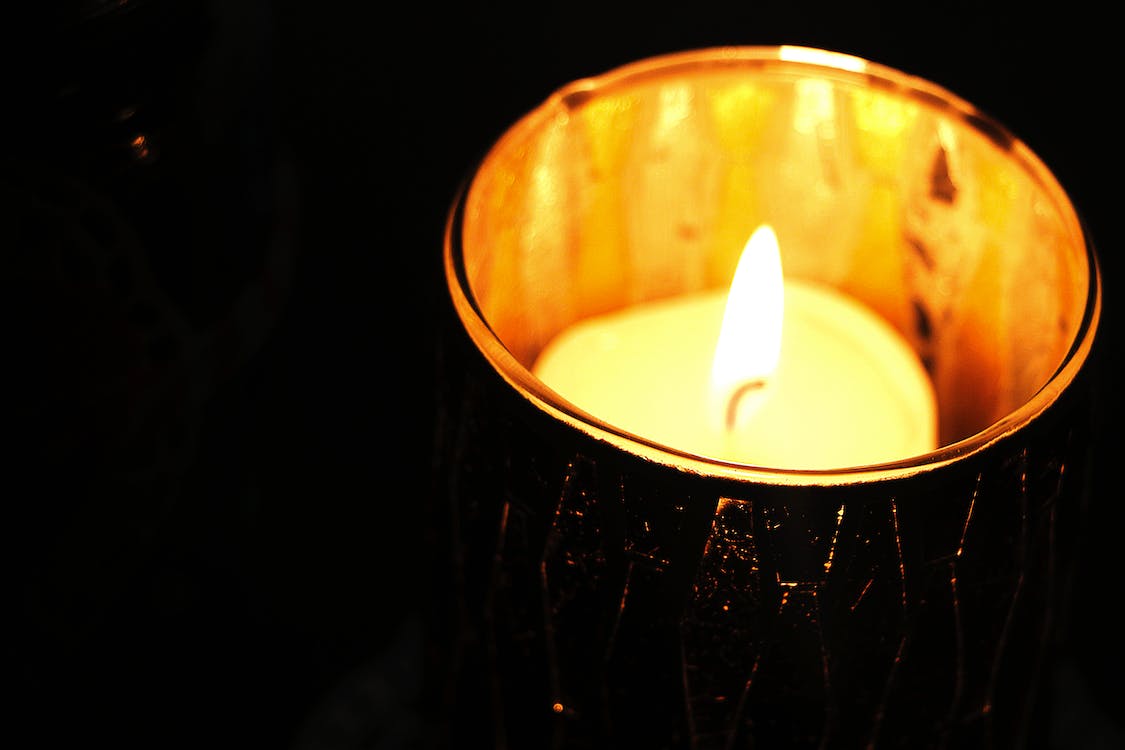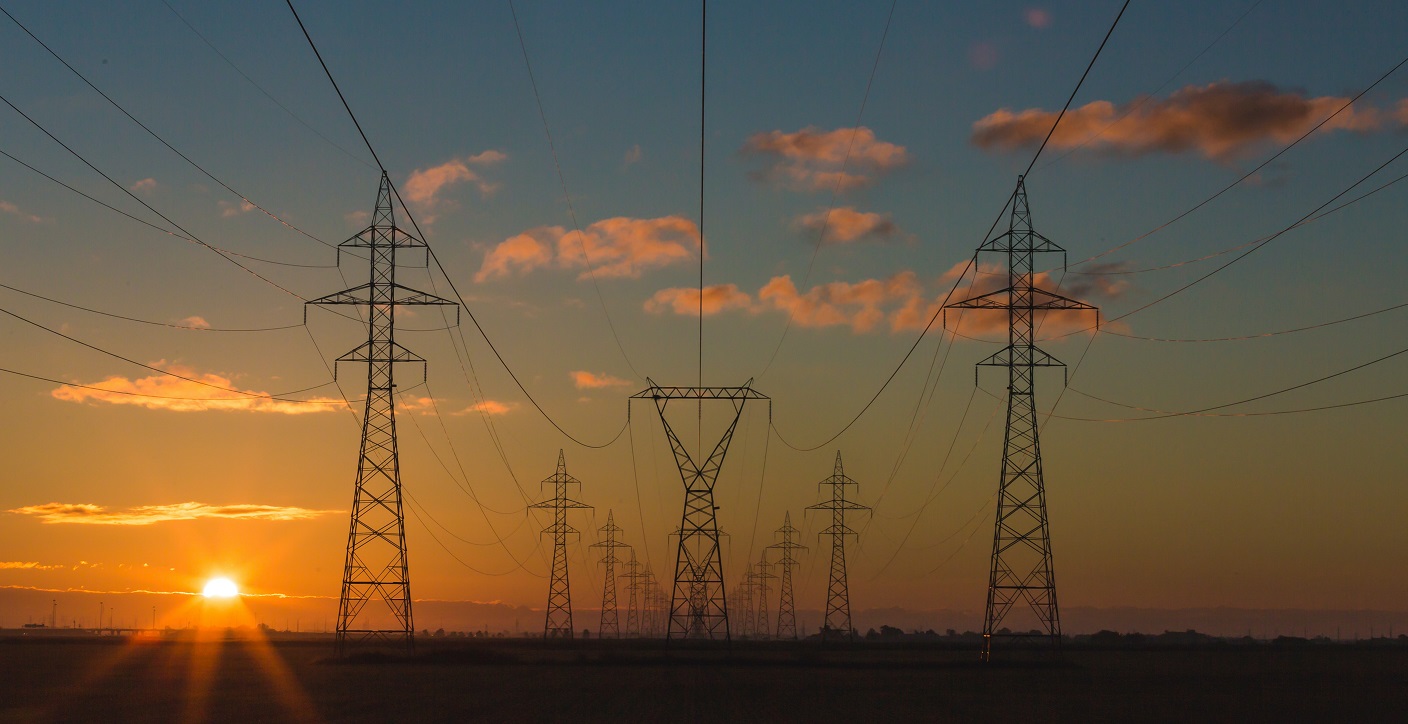Going on an energy diet before you’re in a crisis situation could slim down your bills now and increase your resilience when it matters most.
With the holidays over, it’s time to get back to work. Not only to our paid jobs and side hustles, but also the real work of building the future we want to see in the world. If you’re the type of person who makes New Year’s resolutions, there’s no better time to consider going on an energy diet. As world events increasingly make plain, we’re in for a bumpy ride. Rather than waiting until circumstances force a transition to lower energy and resource use (at the least affordable and convenient time, of course), why not practice now and learn the skills and strategies that will come in handy later while the stakes are relatively low, and there’s room for a learning curve?
There’s a conflict of economic reality and human necessity looming on the horizon, and when they meet under real world conditions, there’s going to be a lot of pain. If you can see a crash coming, though, there may still be time to swerve and avoid the worst of it, on a personal level if not systemically.
On one hand, there’s the problem of the modern industrial world’s hunger for more energy.
Oil and gas companies drilling on public land are supposed to seal their defunct wells and restore the surrounding land when they’re finished using a site. If they don’t, the leaky well poses a danger to public health and the environment. In order to make sure they clean up their mess, drilling companies post a bond before starting a project, much like a renter pays a security deposit, so if they leave the abandoned well in an unsafe state, the Bureau of Land Management has the resources to do it for them. Currently, however, the average bond posted per well is only $2,122 – a long outdated fee that doesn’t begin to cover restoration costs that can range from $20,000 to $145,000 per well. Almost always, it’s cheaper for drillers to simply walk away, forfeiting the bond and leaving taxpayers on the hook for the remainder.
Of course, asking the companies who extract (and profit from) oil and gas on public lands to cover end-of-life costs for their own operations will raise the cost of their products, whereas now, they raise the cost for all of us. However, anything that reduces the supply of fossil fuel energy (such as the necessity of leaving it in the ground to avert the worst of the climate crisis, or sanctions placed on Russian exports due to the war in Ukraine) or increases the price, has downstream effects that are felt first and hardest by those least able to afford it.
On the other hand, there’s the problem of affordability in a time of reduced supply.

Europeans having a rough winter, due in large part to the drop in Russian oil and gas exports. Between that and an inflationary rise in the cost of living affecting much of the world right now, British parents of average means are having to cut back not only on luxuries, but on expenses that many of us would consider basic, such as cooking food on the stove, using lights in the evening, heating their apartments or even flushing the toilet. Their energy diet is enforced by circumstance, foreign policy and economics, a new reality for which many were ill-prepared.
One could be forgiven for thinking renewables are the answer, but they are a long way from replacing the industrial world’s energy use. In Germany, Europe’s industrial powerhouse, they’re turning to dirty lignite (brown) coal to fill the gap left by missing Russian gas. Extracting and burning their coal may well warm their homes and get businesses through the winter, but at the cost of missing important climate targets. In order to replace the gas used by just one (albeit energy-intensive) company with renewables, Heinz-Glas in Kleintettau would need to deploy “the equivalent of 3,000 soccer fields of solar panels,” itself an endeavor that would require the use of fossil fuels.
Here in the United States, we’ve managed to avoid some of these problems due to fracking and proximity to Canadian tar sands oil. However, our involuntary energy diet is likely to arise from aging and insufficiently robust infrastructure. The independent Texas power grid is now famous for faltering during both freezing and sweltering weather, but the rest of the country still faces a grid that sparks wildfires and is unable to deliver every need during storm events and times of peak demand. It’s nowhere near ready to deliver the renewable energy it would take to achieve net zero.
Chances are, wherever you live, either politics, policy, homegrown extremists, infrastructure failure, increasingly severe weather, or resource depletion is going to interfere with your power supply at some point. Maybe it’ll only be a short disruption. Maybe electricity or gas will become unaffordable. What will you do?
By going on an energy diet now, and learning how to make do and live with much less, it will be easier to slip back into that mode of living when it really matters. For example, an energy diet might include beefing up your home’s insulation, learning to live with less comfortable seasonal temperature fluctuations, using more efficient cooking methods, buying less stuff (it all takes energy to make and transport), starting or expanding a vegetable garden, driving less, walking more, using a clothesline, practicing heating a room without turning the furnace on, or even voluntarily unplugging and learning to live without power for a length of time. Consider the problems that people in your region would be likely to face without power, and let that inform what kind of energy diet would be the most useful.
An energy diet could save your life, or that of your neighbors, if you know how to help your community in an emergency. You will have added to your own or your family’s resilience in the face of an uncertain future. And if that’s not sufficient motivation, just think of all the money you could save.
Related: The Cost of Renewables: More Than Lawsuits


Join the conversation!